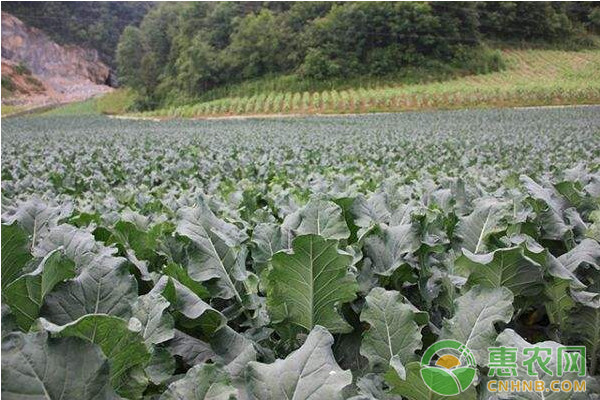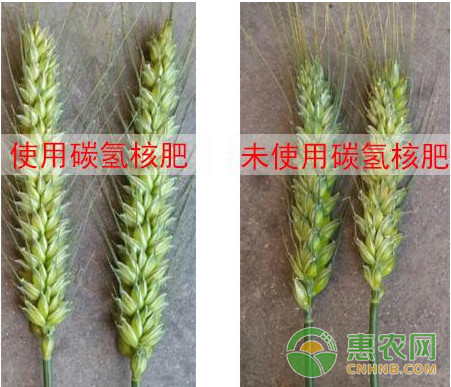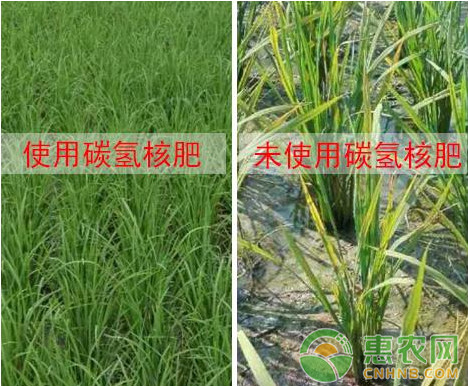At present, most farmers' friends still use chemical fertilizers, chemical pesticides and agricultural pests and diseases to fight, but the harm caused by chemical fertilizers and chemical pesticides is not small, and hydrocarbon nuclear fertilizer is a new agricultural approach. Let's take a look at the small series of Huinong.

1. Which crops are suitable for hydrocarbon fertilizer?
Crops such as leaves, roots, fruits, stems, flowers, and condiments.
Second, the core technology of China's hydrocarbon science
The core technology of hydrocarbon science and hydrocarbon nuclear fertilizer is to capture and polymerize carbon dioxide in the air around the leaf stems under the premise of using little or no chemical fertilizers or chemical pesticides, using carbon and hydrogen fertilizer as the medium and using solar energy as the power. For plant absorption and utilization, enhance photosynthesis, increase photosynthetic rate, inhibit photorespiration at night, accumulate the most important carbon, hydrogen and oxygen elements for crop growth, effectively transform and absorb nutrients such as nitrogen, phosphorus and potassium in soil, and promote it efficiently. Plants are bred, grown, and matured to achieve the goal of increasing production and income, and restoring the original ecological quality of plants.
Contrary to the principle of “leaving roots by leaves†in organic agriculture, the theoretical basis of chemical agriculture is that plants need a large amount of nitrogen, phosphorus, potassium, and medium and trace elements, which are absorbed by roots. The pursuit of the big remedy greatly ignores the fact that the soil contains large, medium and trace elements contained in the air, plant stalks and animal manure, ignoring the scientific existence of carbon and nitrogen conversion in nature.
Third, the comparative advantages of China's hydrocarbon hydrogen fertilizer
Compared with traditional fertilizers and pesticides, hydrocarbon nuclear fertilizer has a comparative advantage of “six and twenty-twoâ€:
Six refers to the “six major characteristicsâ€: low input, high output, good quality, more carbon reduction, strong roots and strong soil.
The second is "two increases and two reductions": two lands have significantly increased production of land, farmers have significantly increased income; two reductions have reduced farmers' land investment, labor, physical strength and frequency reduction.
Ten refers to the "ten resistance advantage": pest resistance, disease resistance, lodging resistance, drought resistance, low temperature resistance, salt resistance, alkali resistance, anti-prosperity, long-lasting, anti-falling buds, anti-"big and small" reincarnation.
Hydrocarbon nuclear fertilizer VS traditional fertilizer


Fourth, the excellent quality of China's hydrocarbon foods
After the series of tests conducted by the Ministry of Agriculture's National Agricultural Products Testing Center in various provinces, no harmful residues have been detected in hydrocarbon foods. The quality of organic foods is more than 100 times higher than China's national standards, and greatly exceeds the organic foods of Europe, America, Japan, Korea, Australia and New Zealand. standard.
Well, regarding the content of hydrocarbon nuclear fertilizer, this is still a big controversy about the carbon and chemical nuclear fertilizer. Therefore, the consultants of Huinong.com suggest that the farmers who are interested in it are better to consult the people who have used it before. Or related experts to consider. More agricultural latest technology is available in Huinong.com!
China: In accordance with Article 54 of the Food Hygiene Law of the People's Republic of China, Article 28 of the Hygiene Management Measures for Food Additives, Article 2 of the Hygiene Management Measures for Food Nutrition Enhancers and Article 99 of the Food Safety Law of the People's Republic of China, food additives are defined as: Food additives refer to artificial or natural substances added to food for the purpose of improving quality, color, aroma and taste of food and for the purposes of preservative, fresh-keeping and processing. According to GB 2760-2014 National Food Safety Standard for The Use of Food Additives, food additives are defined as "artificial or natural substances added into food for the purpose of improving food quality, color, aroma and taste, as well as for the needs of anti-corrosion, fresh-keeping and processing technology. Spices for food, base agents in gum-based confectionery and processing AIDS for food industry are also included.
Food Addictives Powder,Tryptamine Powder,Beta-Nicotinamide Mononucleotide Powder,Sucralose Bulk Food Additives
Shaanxi YXchuang Biotechnology Co., Ltd , https://www.peptide-nootropic.com